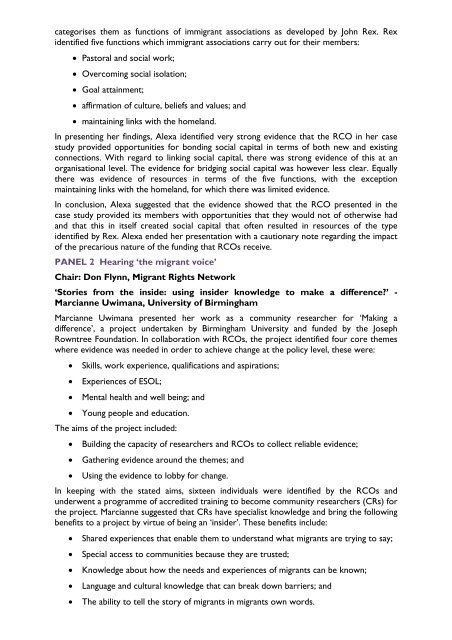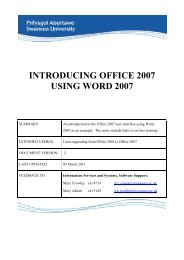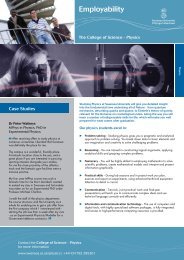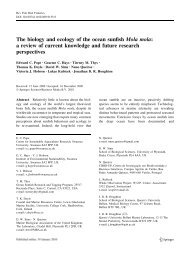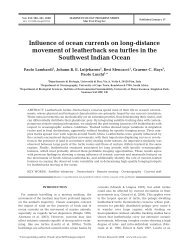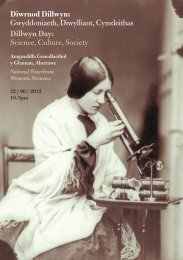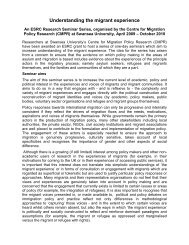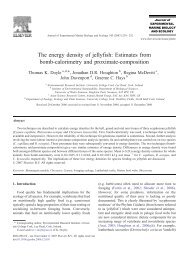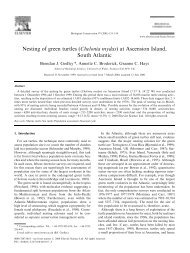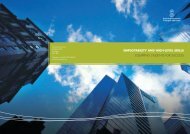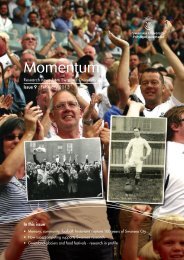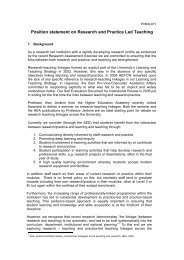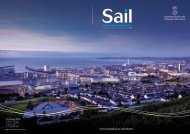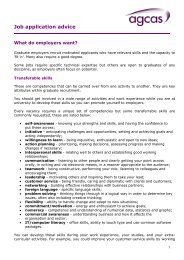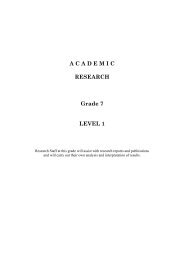ESRC Seminar Series - Briefing Paper 5 - Swansea University
ESRC Seminar Series - Briefing Paper 5 - Swansea University
ESRC Seminar Series - Briefing Paper 5 - Swansea University
You also want an ePaper? Increase the reach of your titles
YUMPU automatically turns print PDFs into web optimized ePapers that Google loves.
categorises them as functions of immigrant associations as developed by John Rex. Rex<br />
identified five functions which immigrant associations carry out for their members:<br />
• Pastoral and social work;<br />
• Overcoming social isolation;<br />
• Goal attainment;<br />
• affirmation of culture, beliefs and values; and<br />
• maintaining links with the homeland.<br />
In presenting her findings, Alexa identified very strong evidence that the RCO in her case<br />
study provided opportunities for bonding social capital in terms of both new and existing<br />
connections. With regard to linking social capital, there was strong evidence of this at an<br />
organisational level. The evidence for bridging social capital was however less clear. Equally<br />
there was evidence of resources in terms of the five functions, with the exception<br />
maintaining links with the homeland, for which there was limited evidence.<br />
In conclusion, Alexa suggested that the evidence showed that the RCO presented in the<br />
case study provided its members with opportunities that they would not of otherwise had<br />
and that this in itself created social capital that often resulted in resources of the type<br />
identified by Rex. Alexa ended her presentation with a cautionary note regarding the impact<br />
of the precarious nature of the funding that RCOs receive.<br />
PANEL 2 Hearing ‘the migrant voice’<br />
Chair: Don Flynn, Migrant Rights Network<br />
‘Stories from the inside: using insider knowledge to make a difference?’ -<br />
Marcianne Uwimana, <strong>University</strong> of Birmingham<br />
Marcianne Uwimana presented her work as a community researcher for ‘Making a<br />
difference’, a project undertaken by Birmingham <strong>University</strong> and funded by the Joseph<br />
Rowntree Foundation. In collaboration with RCOs, the project identified four core themes<br />
where evidence was needed in order to achieve change at the policy level, these were:<br />
• Skills, work experience, qualifications and aspirations;<br />
• Experiences of ESOL;<br />
• Mental health and well being; and<br />
• Young people and education.<br />
The aims of the project included:<br />
• Building the capacity of researchers and RCOs to collect reliable evidence;<br />
• Gathering evidence around the themes; and<br />
• Using the evidence to lobby for change.<br />
In keeping with the stated aims, sixteen individuals were identified by the RCOs and<br />
underwent a programme of accredited training to become community researchers (CRs) for<br />
the project. Marcianne suggested that CRs have specialist knowledge and bring the following<br />
benefits to a project by virtue of being an ‘insider’. These benefits include:<br />
• Shared experiences that enable them to understand what migrants are trying to say;<br />
• Special access to communities because they are trusted;<br />
• Knowledge about how the needs and experiences of migrants can be known;<br />
• Language and cultural knowledge that can break down barriers; and<br />
• The ability to tell the story of migrants in migrants own words.


